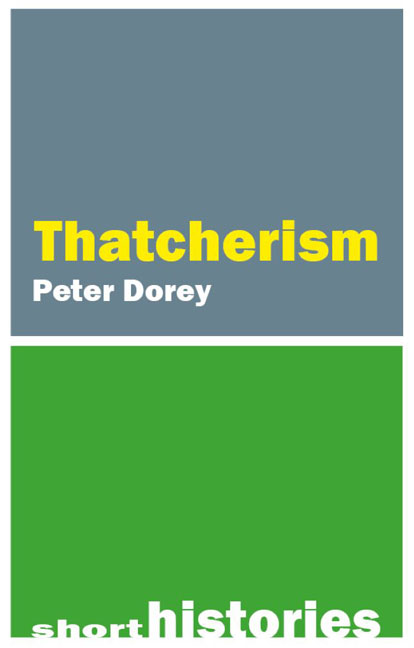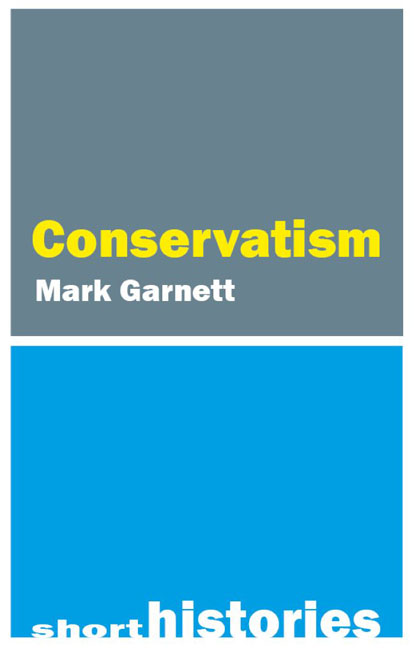3 results in Short Histories

Social Democracy
-
- Published by:
- Agenda Publishing
- Published online:
- 19 December 2024
- Print publication:
- 13 March 2024

Thatcherism
-
- Published by:
- Agenda Publishing
- Published online:
- 23 January 2024
- Print publication:
- 30 March 2023

Conservatism
-
- Published by:
- Agenda Publishing
- Published online:
- 20 January 2024
- Print publication:
- 30 March 2023

